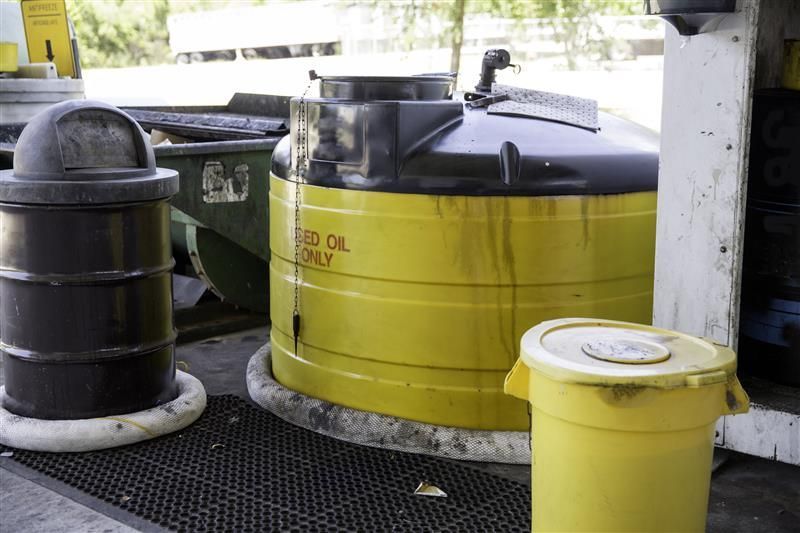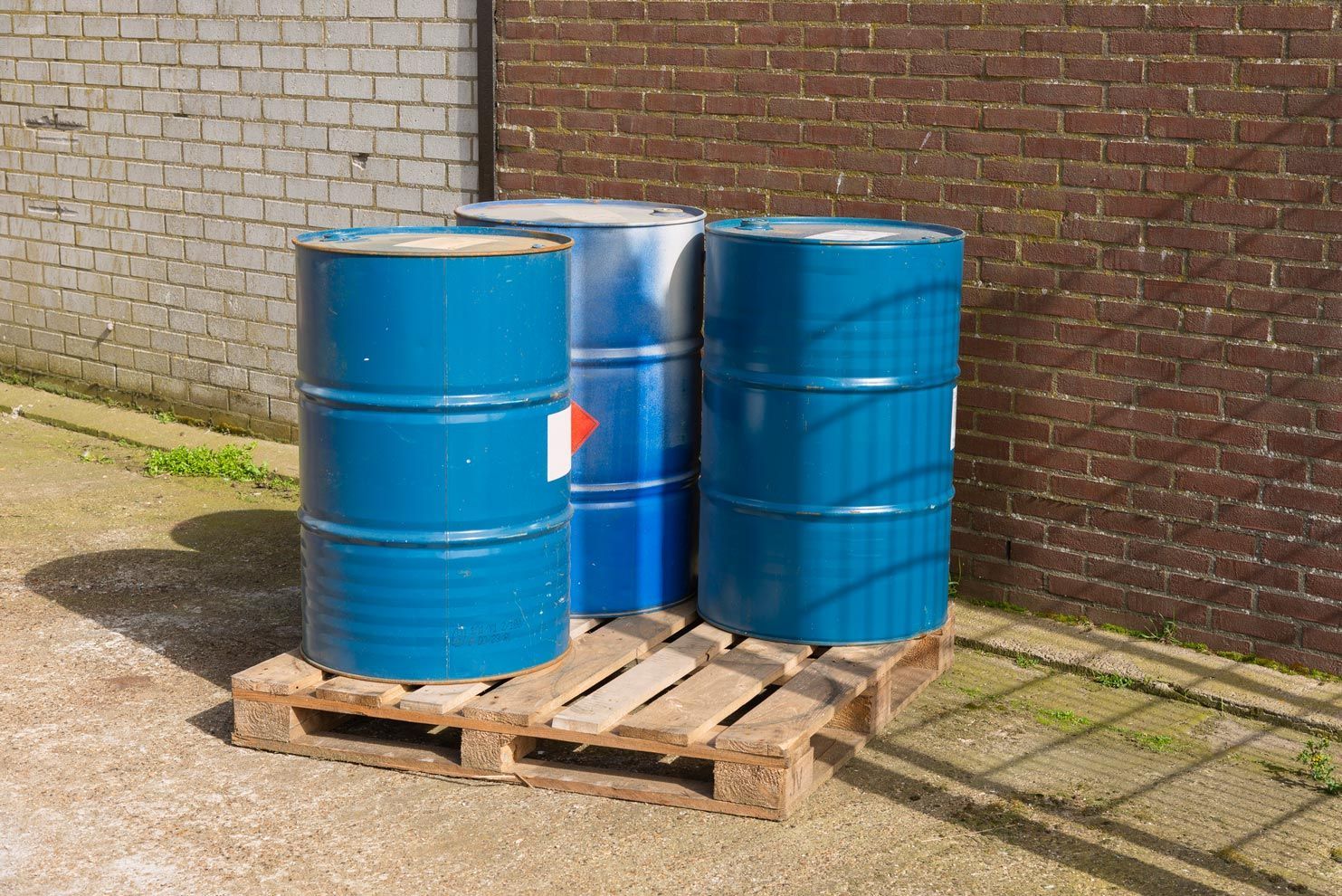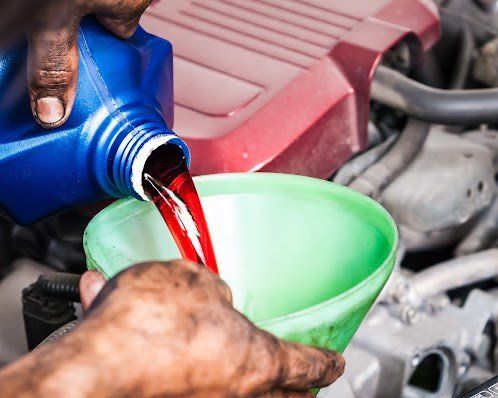How Does Recycling Waste Oil Save Money for Your Business?

You can easily understand the environmental benefits of choosing to recycle oil. While fully closed-loop industrial processes are rarely possible, recycling waste materials is one way to get closer to this goal. Keeping your company's waste products out of the environment is a critical part of being an upstanding member of the business community, and your waste will eventually find reuse elsewhere.
However, environmental concerns won't keep your company's bottom line from sinking into the red. The good news is that recycling your waste oil is also an excellent financial decision. Keep reading to learn about three ways that recycling waste oil will save money, reduce risk, and potentially improve your company's financial future.
1. Reducing Your On-Site Storage
Federal regulations govern used oil products' storage, management, and transportation. These regulations cover a wide range of used oil types and apply to everything from industrial machine oil to automotive motor oils. If your business works with natural or synthetic oil of any kind, your business likely qualifies as a used oil "generator" under these regulations.
The EPA and Colorado Department of Public Health & Environment (CDPHE) regulate how generators should store and dispose of used oil and similar products. These regulations require specific storage methods and equipment, which can be costly in terms of both capital investment and ongoing labor expenses.
Working with a recycling company that can schedule routine pick-up service will reduce the amount of on-site storage required at your facility or facilities. Since you'll be keeping less oil on-site, you won't need to spend as much time or money dealing with ongoing storage management. Likewise, you can save money by reducing the human resources needed to keep your storage site clean and safe.
2. Mitigating Spill and Contamination Risk
Regulatory agencies typically consider oil spills to be substantial environmental disasters, even when they occur on a relatively small scale. The more oil you store on-site, the more likely you will suffer a spill. Likewise, other disasters, such as fires or floods, can put your oil storage facilities at greater risk, ultimately increasing the costs you'll face to resolve these issues.
While every spill is unique, oil spills tend to have a considerable cost per ton compared to other hazardous materials. As a result, even a relatively minor spill can lead to expensive clean-up efforts and environmental remediation efforts in addition to fines or other penalties that regulatory agencies may levy for improper storage.
Routinely recycling your used oil will substantially reduce your risk of a spill from the used oil you store on-site. Even if your company does experience an incident, the overall cost and extent of the damage are likely to be lower since you'll have less used oil stored on site. Mitigating these risks can lead to significant cost savings over the long term.
3. Creating Closed Loop Business Relationships
If your business uses burner fuel for your furnaces, generators, or boilers, you can potentially develop a closed-loop relationship with a local recycling company. Your old oil moves off-site, where it's filtered, cleaned, and tested before beginning a new life as a burner fuel. Utilizing used oil in this way allows your business to save money on energy input costs and your used waste storage and handling expenses.
Creating a closed-loop relationship with a local recycling company is also an excellent way to develop ties with your local business community. Partnerships like this can pay off over the long run, making it easier for you to grow your business as your energy or waste recycling needs increase over time.
Denver Oil is ready to help you save money and create a cleaner, brighter future for your company. Give us a call if you're ready to develop a partnership to help your company save money, reduce risk, and develop closer ties with the local business community.










